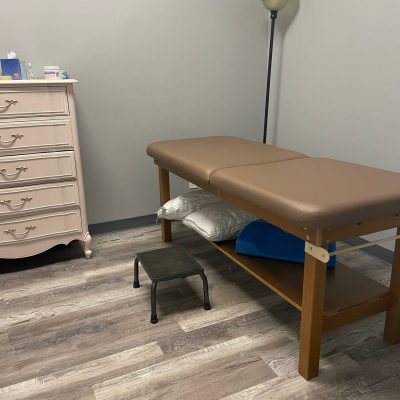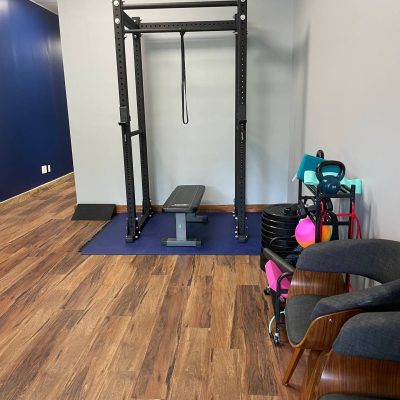Maintaining a healthy pelvic floor is essential for women to ensure overall wellness and prevent issues such as incontinence, pelvic pain, and sexual dysfunction. Adopting daily habits can play a significant role in strengthening and preserving pelvic floor health. Here are some practical tips to help women maintain a strong and functional pelvic floor.
Boost Fiber Intake for Digestive Health
A diet rich in fiber can significantly benefit pelvic floor health by promoting regular bowel movements and preventing constipation, which can strain pelvic muscles. Women should incorporate fiber-rich foods such as whole grains, fruits, vegetables, and legumes into their daily meals. This dietary habit not only supports digestive health but also helps in reducing the risk of pelvic floor disorders related to bowel strain. Women generally should aim for 20-25 grams of fiber per day.
Stay Hydrated for Optimal Function
Proper hydration is crucial for maintaining a healthy urinary system and preventing infections that can affect the pelvic floor. Women should aim to drink at least half their body weight in ounces of water each day. For example, if you weigh 140 pounds, try to consume around 70 ounces of water daily. Adequate hydration supports overall pelvic health and ensures that the body’s systems function efficiently.
Engage in Regular Physical Activity
Regular exercise is vital for strengthening the core and pelvic floor muscles. Even simply walking can increase blood flow to the pelvic floor muscles and improve pelvic health. Yoga or simple hip and back stretches help to provide mobility to the pelvic floor muscles. Specifically, exercises that focus on core strengthening can provide additional support to the pelvic floor, making it more resilient.
Mindful Bathroom Habits
Developing mindful bathroom habits is essential for pelvic floor health. Women should avoid straining during bowel movements and take their time to fully empty their bladder when urinating. Hovering over the toilet instead of sitting can put extra pressure on the pelvic floor, so it’s better to sit fully supported. Additionally, maintaining proper posture while using the toilet is important. Positioning your knees higher than your hips, such as using a footstool, can improve the mechanics of the colon and facilitate better emptying of the bowels.
Incorporate Relaxation Techniques
Stress can negatively impact pelvic floor muscles, leading to tension and discomfort. Incorporating relaxation techniques such as deep breathing, meditation, and gentle stretching can help relax these muscles and reduce stress levels. Taking time each day to unwind and practice mindfulness can have a positive effect on overall pelvic health.
Consult a Pelvic Floor Therapist
For personalized advice and a deeper understanding of pelvic floor health, women should consider consulting a qualified pelvic floor physical or occupational therapist. These professionals can provide tailored exercises and recommendations to address specific needs and conditions. Regular sessions with a pelvic floor therapist can significantly enhance pelvic health and prevent potential issues.
By integrating these daily habits into your routine—boosting fiber intake, staying hydrated, engaging in regular physical activity, limiting prolonged sitting, practicing mindful bathroom habits, and incorporating relaxation techniques—you can maintain a healthy pelvic floor and improve your overall quality of life. Take proactive steps today to support your pelvic health and enjoy the benefits of a strong and functional pelvic floor.







